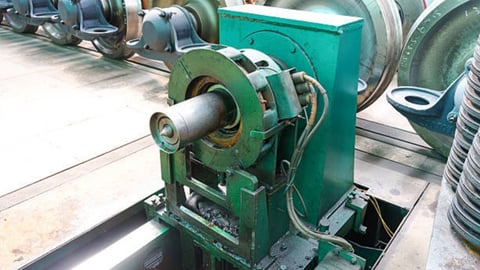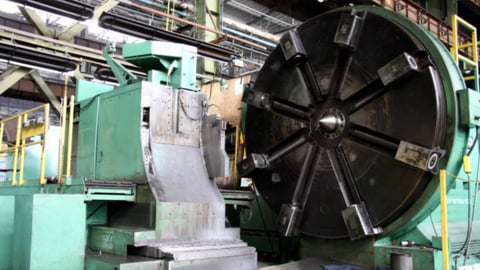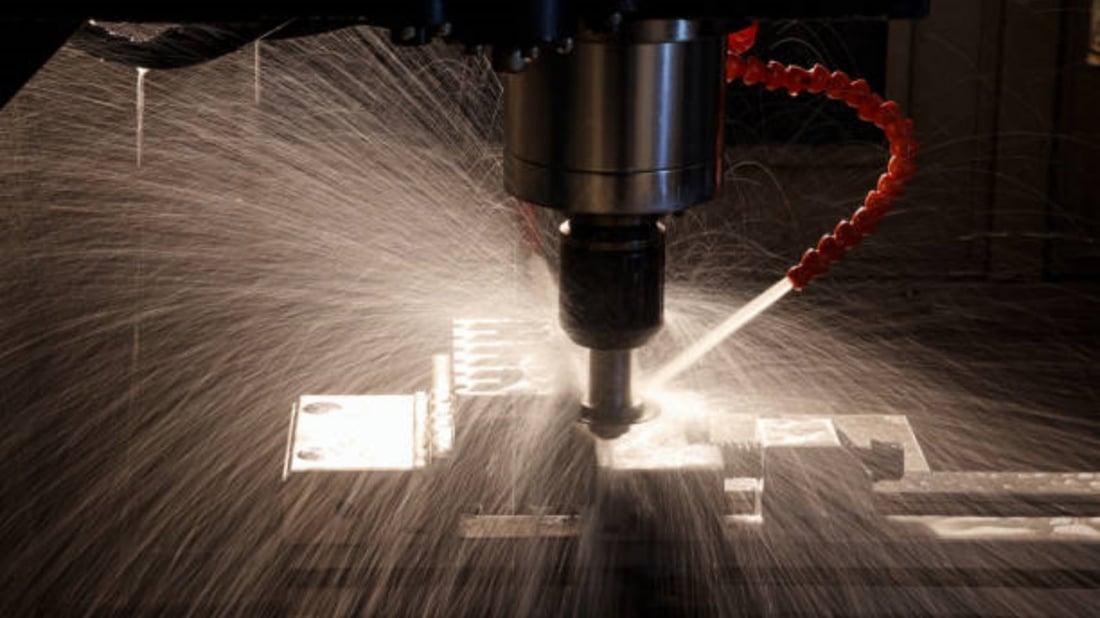What is a gantry mill?

A gantry mill is a large machine tool used for cutting, shaping, and drilling various materials, such as metal, wood, or plastic. It is a type of milling machine that utilizes a gantry frame, which is a structure that spans over the workpiece and moves vertically and horizontally on rails. This allows for precise and accurate machining operations on large and heavy workpieces. In this article, we will explore the different aspects of a gantry mill and its applications in various industries.
The Structure and Design of a Gantry Mill

The gantry mill gets its name from the gantry frame that supports the milling head and the workpiece. This frame is typically made of steel or cast iron to provide stability and rigidity during machining operations. The milling head, which houses the cutting tools, is mounted on a crossrail that can move both vertically and horizontally along the gantry frame.
The workpiece is placed on a table that sits below the gantry frame. The table can also move vertically and horizontally, allowing for precise positioning of the workpiece. The movement of the milling head and the table is controlled by computer numerical control (CNC) software, which enables automated and highly accurate machining processes.
Applications of Gantry Mills

Gantry mills are widely used in various industries due to their versatility and ability to handle large workpieces. Some common applications of gantry mills include:
- Manufacturing: Gantry mills are often used in manufacturing industries to machine large parts, such as aerospace components, automotive parts, and heavy machinery. The ability to work on large workpieces with precision makes gantry mills ideal for these applications.
- Shipbuilding: Gantry mills are commonly used in the shipbuilding industry to machine large sections of ships, such as hulls and decks. The high precision and accuracy provided by gantry mills ensure that the machined parts fit together perfectly during the assembly process.
- Construction: Gantry mills are also utilized in the construction industry for machining large structural components, such as beams and columns. The versatility of gantry mills allows for the creation of complex shapes and designs required in modern architectural projects.
- Energy: Gantry mills play a crucial role in the energy sector, particularly in the manufacturing of wind turbine components. The ability to machine large and intricate parts ensures the efficient production of wind turbines, contributing to the growth of renewable energy.
Advantages of Gantry Mills

There are several advantages to using gantry mills for machining operations:
- High Precision: Gantry mills offer exceptional precision and accuracy, making them suitable for producing complex and intricate parts.
- Ability to Handle Large Workpieces: Gantry mills can accommodate large and heavy workpieces that may be challenging to machine using other types of milling machines.
- Versatility: Gantry mills can be used for various machining operations, including milling, drilling, and shaping, making them versatile machines in different industries.
- Automation: Gantry mills are often equipped with CNC systems, allowing for automated machining processes and reducing the need for manual intervention.
- Time and Cost Savings: The high efficiency and accuracy of gantry mills result in time and cost savings in the production process.
Conclusion

Gantry mills are powerful and versatile machines that play a crucial role in various industries. Their ability to handle large workpieces with precision and accuracy makes them indispensable in manufacturing, shipbuilding, construction, and energy sectors. The advantages of gantry mills, such as high precision, versatility, and automation, contribute to improved productivity and efficiency in machining processes. As industries continue to evolve, gantry mills will remain a vital tool for achieving complex and high-quality machined parts.


